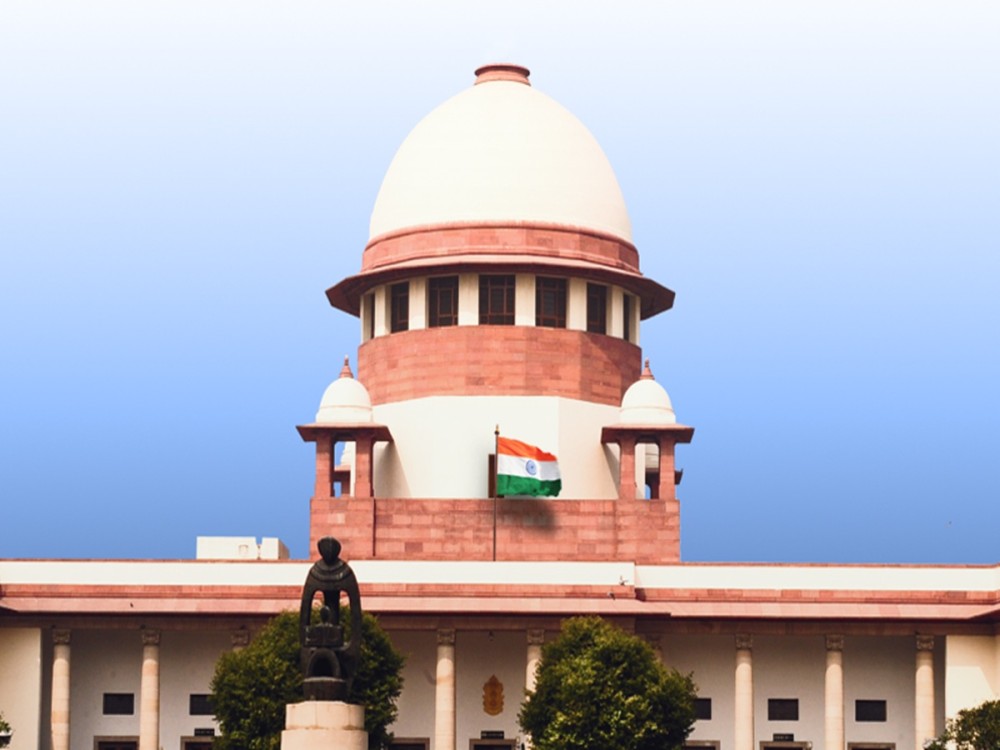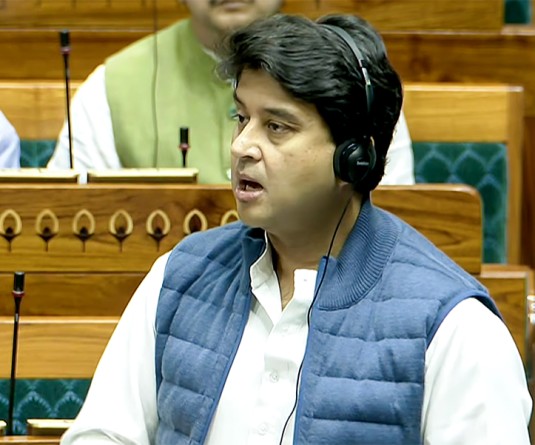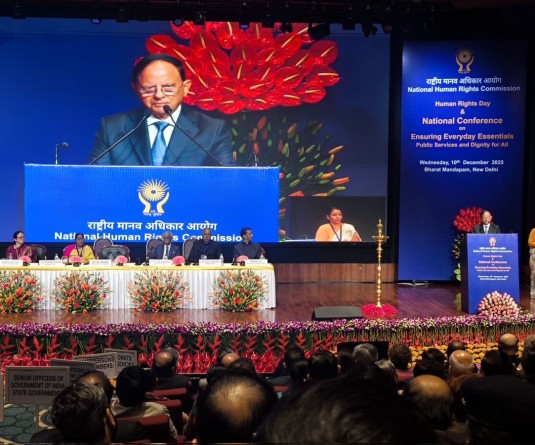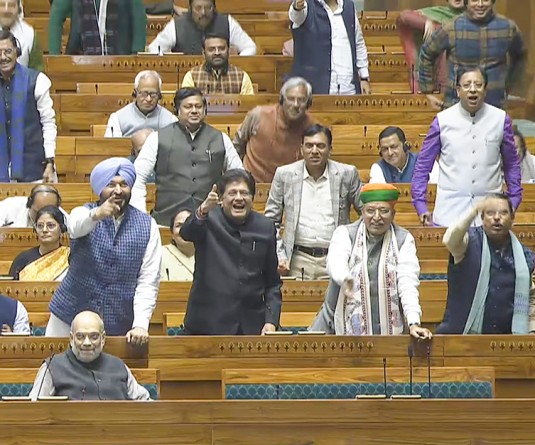Supreme Court of India. (IANS Photo)

New Delhi, October 15 (IANS): The Supreme Court on Wednesday agreed to examine a public interest litigation (PIL) seeking to enforce and expand the constitutional right of individuals to access legal counsel during all stages of an enquiry or investigation.
Issuing notice, a Bench of Chief Justice of India (CJI) BR Gavai and K Vinod Chandran sought responses of the Centre and all states and union territories in the matter. The plea challenges the current practice of discretionary and partial access to lawyers permitted to arrested and summoned individuals.
Senior advocate Menaka Guruswamy, instructed by advocate Prateek Chadha, pointed out that this is a violation of Article 20(2) and 20(3) of the Constitution, resulting in various human rights violations during custodial interrogation, including torture.
The PIL stated that the practice of disallowing the presence of counsel during enquiry, questioning, or interrogation — or only allowing counsel to be within visible but not audible range — is prevalent across statutes like the Prevention of Money Laundering Act and the Narcotic Drugs and Psychotropic Substances Act, among others, and such a practice, it argued, creates coercive interrogation environments and violates constitutional safeguards against self-incrimination and the right to due process.
“This pattern of coercive, piecemeal access to counsel not only contravenes the right to counsel under Article 22, and the right against self-incrimination under Article 20(3), but also violates the due process, fair investigation, and fair-trial guarantees inherent in Articles 21 and 22, thereby perpetuating custodial abuses by investigating agencies and undermining investigative integrity,” the petition stated.
Currently, Section 41D of the Criminal Procedure Code (CrPC) and its latest counterpart in Section 38 of the Bhartiya Nagarik Suraksha Sanhita (BNSS), 2023, only allow limited presence of counsel — often “within visible but not audible range” — during interrogation.
The PIL argued that such provisions are inadequate and said, “Even the limited statutory right under Section 41D… fails to address the inherent power imbalance that exists during a custodial interrogation, be it by the police or any other state authority.” The plea referred to international standards like the US Miranda regime and the European Court of Human Rights' ruling in the Salduz v. Turkey case, which underscored unfettered access to legal counsel as a cornerstone of justice.
The PIL prayed for a constitutional declaration affirming full-time access to legal counsel from the stage of questioning and striking down all statutory and judicial provisions that allow only partial or discretionary lawyer access.
Further, it sought to institute structural safeguards such as video-recorded enquiries, questioning, interrogations, statutory notices of rights, and judicial oversight of any exigent exceptions.
“These measures are essential to vindicate India's constitutional promise of due process, to prevent custodial violence, and to ensure equality and justice at the critical first contact with the criminal justice system,” the PIL said.






